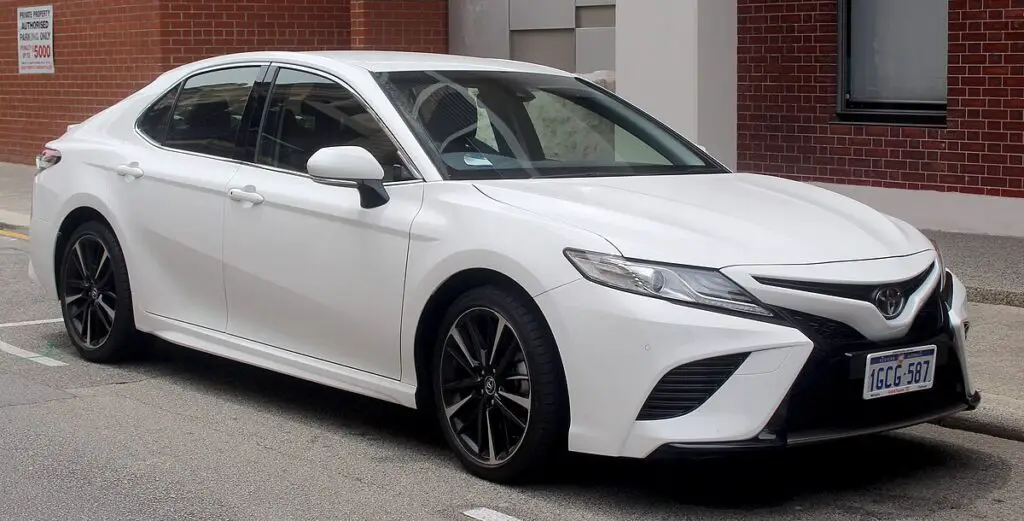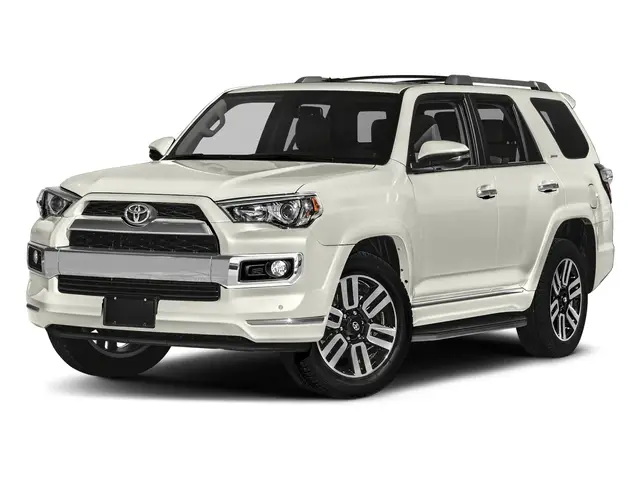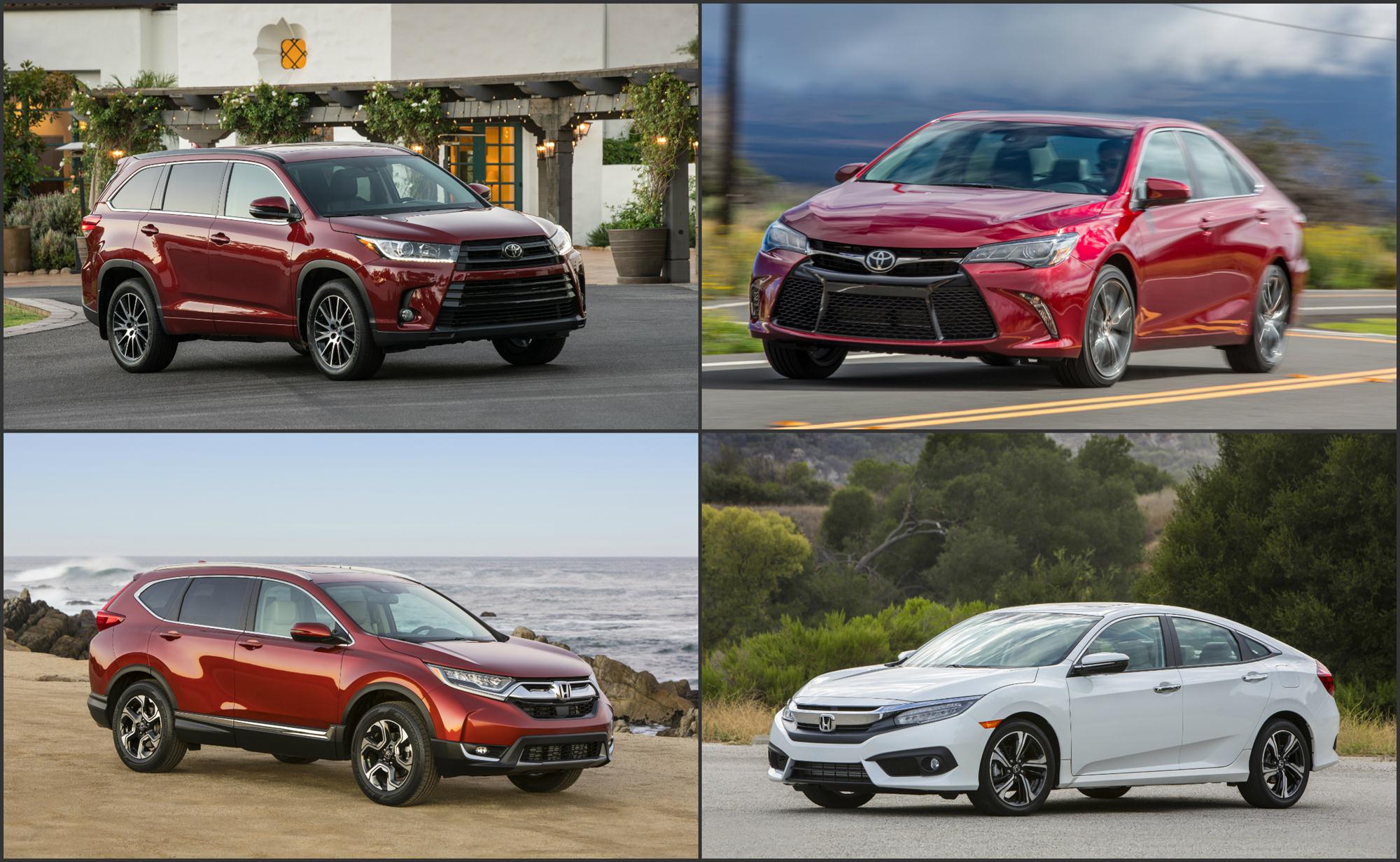When it comes to choosing a new vehicle, one of the biggest decisions is whether to go with a sedan or an SUV. Both have their advantages and disadvantages, and the right choice depends on your specific needs and lifestyle.
| Feature | Sedan | SUV |
|---|---|---|
| Fuel Efficiency | Better | Worse |
| Handling/Maneuverability | Better | Worse |
| Maintenance Costs | Lower | Higher |
| Price | More Affordable | More Expensive |
| Cargo Space | Limited | Spacious |
| Ground Clearance | Lower | Higher |
| Visibility | Lower | Higher |
| Off-Road Capability | Limited | Better |
| Towing Capacity | Lower | Higher |
In this blog post, we’ll take an in-depth look at the key differences between sedans and SUVs, examining their pros and cons to help you make an informed decision.
Sedans: The Classic Choice

Sedans have been a staple of the automotive industry for decades, offering a sleek and sophisticated design. They’re typically more compact than SUVs, making them easier to maneuver and park in tight spaces. Additionally, sedans generally offer better fuel efficiency due to their lighter weight and more aerodynamic design.
Pros of Sedans:
- Better Fuel Efficiency: Sedans tend to have smaller engines and are more aerodynamic, resulting in better gas mileage compared to SUVs. This translates into lower fuel costs over time.
- Easier Handling: With a lower center of gravity and lighter weight, sedans are generally more agile and responsive, making them easier to handle and park in tight spaces.
- Lower Maintenance Costs: Sedans typically have fewer complex components than SUVs, which can lead to lower maintenance and repair costs over the vehicle’s lifetime.
- More Affordable: On average, sedans are less expensive than their SUV counterparts, making them a more budget-friendly option for many buyers.
Cons of Sedans:
- Limited Cargo Space: Sedans have smaller trunks and less interior space compared to SUVs, which can be a drawback for those who need to transport larger items or accommodate more passengers.
- Lower Ground Clearance: With a lower ride height, sedans may struggle on rough terrain or in areas with deep snow or flooding.
- Less Visibility: The lower seating position in sedans can make it more challenging to see over obstacles or other vehicles on the road.
SUVs: The Versatile Powerhouses

SUVs (Sport Utility Vehicles) have gained immense popularity in recent years due to their versatility, spaciousness, and rugged capabilities. While they may not be as fuel-efficient as sedans, SUVs offer a commanding presence on the road and ample cargo space.
Pros of SUVs:
- Increased Cargo Space: SUVs typically have larger cargo areas and more interior space, making them ideal for families, outdoor enthusiasts, or those who need to transport bulky items.
- Better Visibility: The elevated seating position in SUVs provides better visibility of the road and surroundings, enhancing safety and confidence while driving.
- Off-Road Capabilities: Many SUVs are designed with higher ground clearance and all-wheel or four-wheel drive systems, allowing them to tackle rougher terrain and adverse weather conditions with ease.
- Towing Capacity: SUVs generally have higher towing capacities than sedans, making them a preferred choice for those who need to tow boats, trailers, or other heavy loads.
Cons of SUVs:
- Lower Fuel Efficiency: Due to their larger size and weight, SUVs typically have lower fuel economy compared to sedans, resulting in higher fuel costs over time.
- Higher Maintenance Costs: With more complex components and larger engines, SUVs tend to have higher maintenance and repair costs than sedans.
- More Challenging Handling: The higher center of gravity and larger size of SUVs can make them less agile and more difficult to maneuver, especially in tight spaces or during emergency maneuvers.
- Higher Price Tag: SUVs are generally more expensive than comparable sedan models, making them a more significant investment for buyers.
Choosing the Right Vehicle
Ultimately, the choice between a sedan and an SUV comes down to your personal preferences, lifestyle, and priorities. If you prioritize fuel efficiency, affordability, and ease of handling, a sedan might be the way to go. However, if you need more cargo space, better visibility, off-road capabilities, or towing capacity, an SUV could be the better option.
It’s also important to consider factors like your daily commute, the number of passengers you typically transport, and any recreational activities you enjoy. For example, if you frequently go on camping trips or need to transport large equipment, an SUV with ample cargo space might be the more practical choice.
Additionally, advancements in automotive technology have blurred the lines between sedans and SUVs, with some models offering hybrid or electric powertrains that combine fuel efficiency with spaciousness and utility.
Also Read:
- Are BMW SUVs Reliable? A Comprehensive Deep Dive
- Top 5 Best Towing SUVs of 2024
- Explore Nissan’s Versatile SUV Lineup: A Comprehensive Guide
- The Best and Worst 2024 SUVs Under $30,000
- SUV vs. Hatchback: Making the Right Choice for Your Lifestyle
When shopping for your next vehicle, take the time to test drive both sedans and SUVs to get a feel for their differences and determine which one best suits your needs. Consider factors like interior space, ride quality, handling, and overall comfort to ensure you make the right choice for your lifestyle.
Remember, there is no one-size-fits-all solution when it comes to choosing between a sedan and an SUV. It’s about finding the vehicle that aligns with your priorities and meets your specific transportation needs.


[…] Sedan vs SUV – Which is the Better Choice? […]